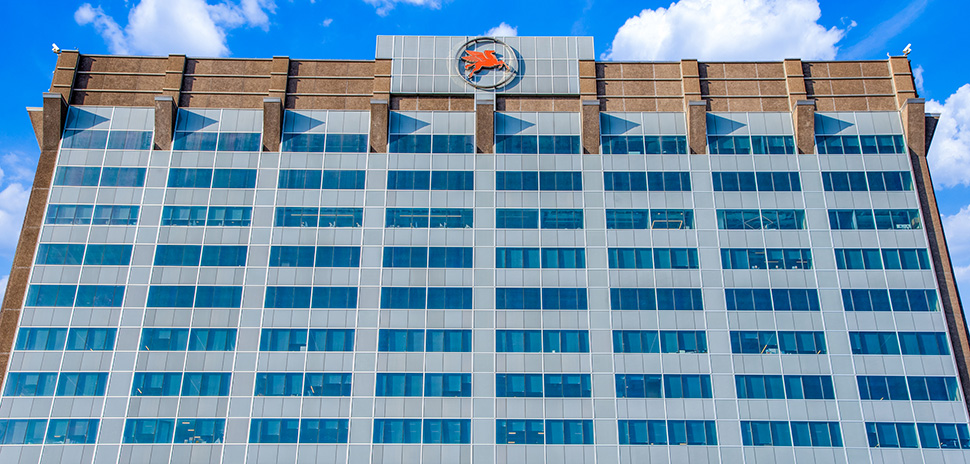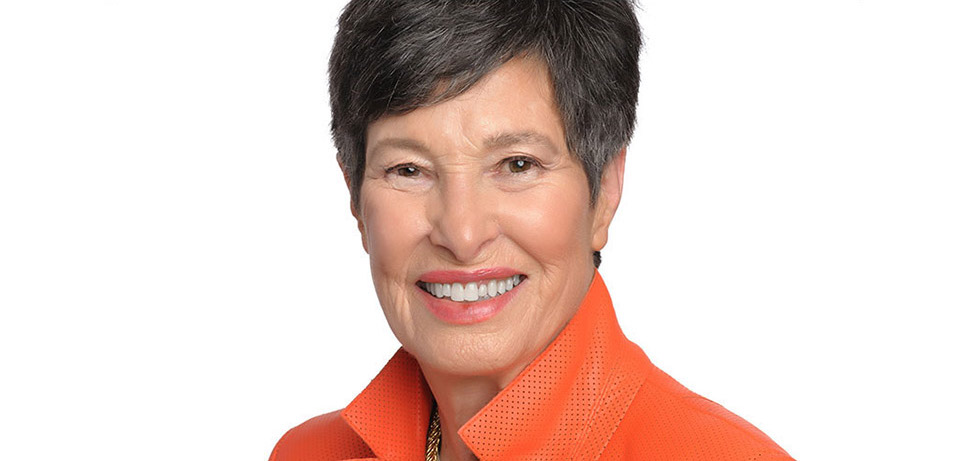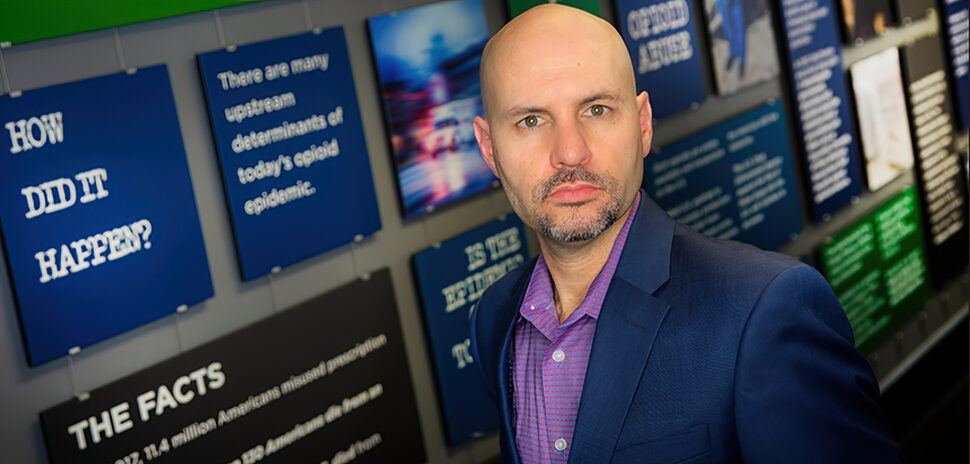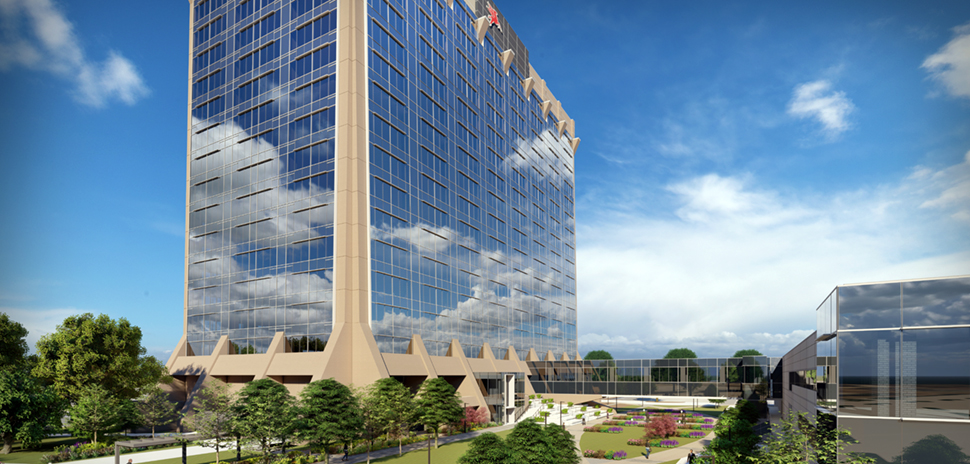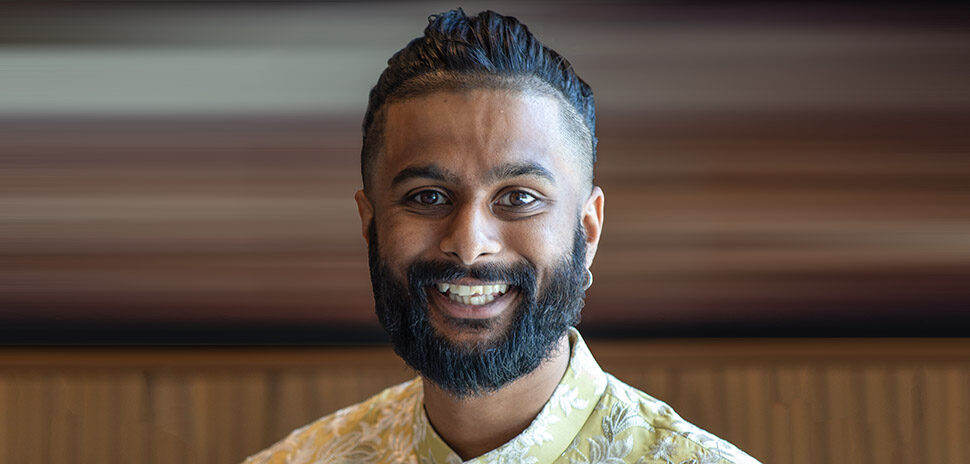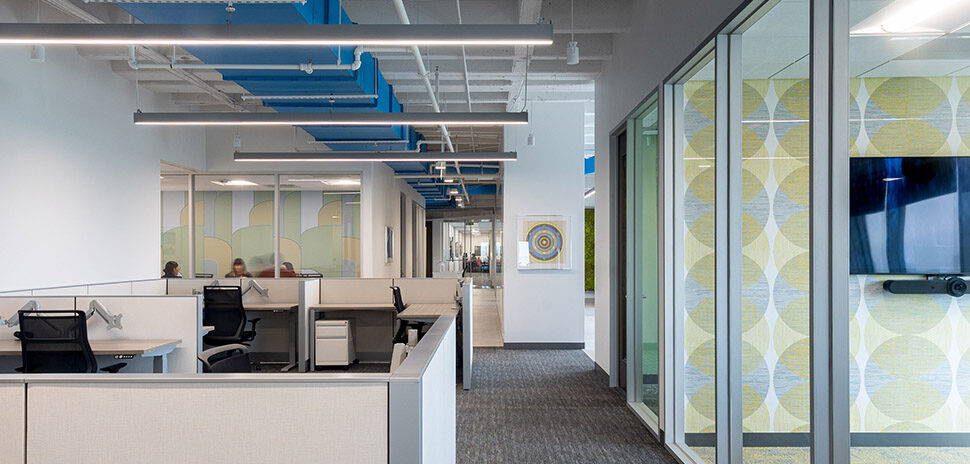Three Texas cities—Dallas, Austin, and San Antonio—have joined together in a team effort to pursue a coveted goal: making sure that Texas lands one of three national program centers for the newly formed Advanced Research Projects Agency for Health (ARPA-H), a $2.5 billion initiative aimed at revolutionizing medical research and developing breakthrough treatments for diseases. If the pursuit is successful, one of the three prized ARPA-H hubs will be located in Texas at Dallas’ Pegasus Park.
ARPA-H recently unveiled plans to create three hubs across the United States, each with its own focus. Hub No. 1, which will be located in the National Capital Region in Washington, D.C., will concentrate on stakeholder engagement and operations.
Two hubs are still under consideration. Hub No. 2 is set to prioritize the customer experience, driving user testing, adoption, access and trust of ARPA-H projects and Hub No. 3 will act as an investor catalyst, providing resources to help performers bring their ideas to market. Each of the three U.S. hubs will have a network of partners—known as “spokes”—that will actively support the needs of ARPA-H programs.
The consortium formed by Dallas, Austin, and San Antonio is vying for the coveted ARPA-H customer experience hub to be hosted at Pegasus Park.
The initial bidding process closed last Friday. Now the consortium is waiting to hear if Dallas has been selected as one of the three locations in the U.S. for the initiative’s research hubs. The competition is expected to be fierce, with cities nationwide also in the running—including a rival proposal by Houston in Texas’ southeast. But leaders from North Texas believe the three-city consortium has a competitive edge in securing a hub.
Tom Luce, CEO of Biotech Initiatives at Lyda Hill Philanthropies, cites the region’s robust healthcare system and diverse range of medical and research expertise in the three cities as key factors bolstering the consortium’s bid.
Modeled after DARPA, the Department of Defense R&D organization
Luce told Dallas Innovates that ARPA-H is modeled after DARPA, the Defense Advanced Research Projects Agency, whose goal is making pivotal investments in breakthrough technologies for national security.
“ARPA-H is a new federal agency model after DARPA, which most people have heard about because it’s in charge of innovation for the Department of Defense,” Luce said. But instead of developing weapons that can defeat enemies in the battlespace, ARPA-H aims to save lives through breakthroughs in healthcare treatments.
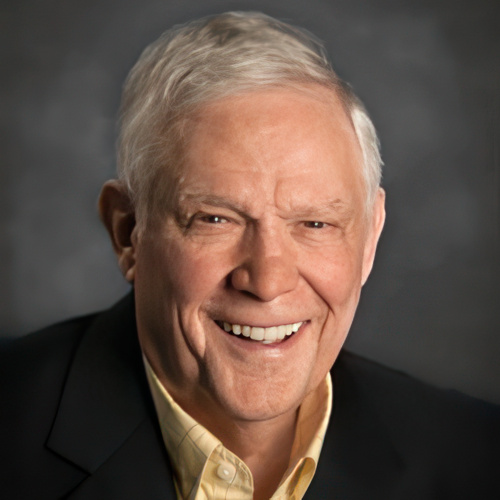
Tom Luce
According to Luce, the Biden administration created ARPA-H to improve health outcomes for the diverse population of the U.S., allocating a substantial $2.5 billion towards this agency. President Biden has talked about ARPA-H as a “cancer moonshot,” but the program aims to address many other medical problems such as diseases of the brain, obesity, diabetes, and more, Luce noted.
ARPA-H has a mission to ensure that research funded by grants given to major medical institutions can be transformed into treatments that benefit patients suffering from major diseases like those. By further utilizing private or public capital, this will lead to the transformation of the healthcare system and treatment of patients, Luce says. The program is “designed to actually change what happens in the way patients are treated and our healthcare system,” he said.
The brand-new federal agency was authorized and funded earlier this year. While it has yet to deliver its first grant, ARPA-H aims to invest in research that could improve health outcomes and impact healthcare delivered to patients nationwide.
“An important part of ARPA-H is translating research into actually what gets given to patients and hopefully changes outcomes,” Luce said. “We’re not very good at certain health outcomes—outcomes with certain populations in particular.”
Coming together to boost Texas’ already booming biotech and life sciences sector
ARPA H has been a topic of discussion for about two years now, Luce says. It was an unusual process in Congress, as funds were appropriated before it was authorized. “We spread the word as much as we could during the two-year period before the bid process started,” Luce said.
It took a couple of sessions, he says.
Luce says Dallas, Austin, and San Antonio stakeholders have been working for a year and a half on plans to bring a ARPA-H hub toTexas. The state is the second-largest funder of cancer research in the country, making it a prime location for the agency, Luce says.
Initially, when Luce and Nicole Small, CEO of Lyda Hill Philanthropies, heard that the hubs would be split into three cities, they decided to reach out to San Antonio and Austin to put together a statewide bid.
Ultimately, the cities joined forces with Pegasus Park to make their bid as inclusive as possible. The group also reached out to other Texas cities, including El Paso, to take advantage of all the state has to offer. Working with Luce and Small, the group aimed to unify a congressional delegation and convince ARPA H of the benefits of Texas.
Luce says that locating an ARPA-H hub in Texas would be a significant step for the state’s already strong reputation in life sciences and biotech.
“It’s an important federal agency and to get it located in Texas will be a very significant step for the state for biotech and life sciences,” Luce said. “So it’s a very important mission we’ve been launched upon.”
And landing the ARPA-H hub in Dallas?
“I think this will really put Dallas on the map with regard to bio life sciences,” Luce added, noting that the University of Texas Southwestern Medical School already leads the nation for the most-cited research articles. Landing the ARPA-H hub here would be “an affirmation of much progress North Texas and the state have made to become a bio life sciences hub in the central part of the country.”
Why Pegasus Park is ‘a perfect fit’ for an ARPA-H hub
Pegasus Park is a 25-acre, 750,000 square-foot, future-focused campus in Dallas that completed full renovations in 2020 to feature four components, including a biotech and life sciences hub, a social impact hub, commercial tenants, and entertainment and dining venues.
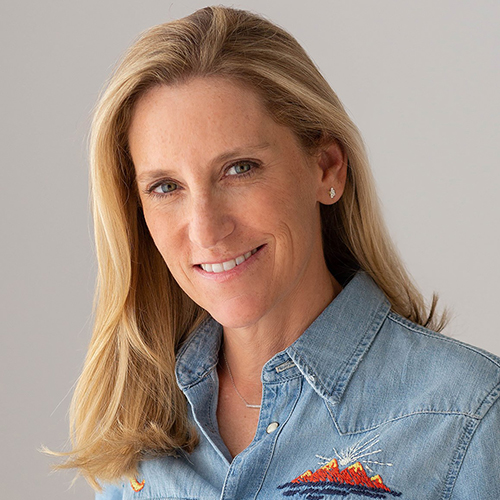
Nicole Small
Small believes Pegasus Park in North Texas is a perfect fit for the national ARPA-H hub site. Already a central hub for all things related to life sciences, Small says Pegasus Park is “custom built for this opportunity. We’ve got universities in different health systems, together with profits, researchers, and the venture community.”
The CEO says the campus’ central focus on social impact and community outreach sets it apart. “We haven’t seen a social innovation/social impact real estate play like this anywhere in the country,” Small said.
With groups like the Parkland Center for Clinical Innovation, universities, and medical schools connected to health systems on its campus, Pegasus Park is a one-stop-shop for program officers who want to know more about the community, she says.
“Imagine if you’re a program officer: You just walk to another floor, and you can talk to The Dallas Foundation,” said Small. “You can talk to the groups that are on the ground with the customers every day.”
These groups work together to drive innovation and research in the life sciences sector with a focus on improving health outcomes and reducing health disparities in the community, Small said.
“There’s no way that you don’t get an improved health outcome by putting all of these groups in one place.” Small noted.
Another thing Pegasus Park has going for it: Nearby Love Field and Dallas Fort Worth International Airport—both within 15 minutes of Pegasus Park—will be crucial time savers for ARPA-H program managers as they travel across the country, Luce said.
Attracting national attention
According to Small, Pegasus Park is attracting national attention for life sciences startups and has recently received visits from top venture funds. While there have been life sciences hubs on both coasts, there hasn’t been anything like this in the center of the country, Small says.
“We’ve had visits from some of the top venture funds over the last couple of months that are hearing about what’s happening here at Pegasus and what’s happening in Texas,” she said.
“This project is allowing us to tell the North Texas story, much of which already exists,” she said. “People just hadn’t thought about us in this way.” With companies like McKesson and Alcon already present in the area, North Texas has a couple hundred thousand life sciences jobs, Small says.
Last year Dallas was granted a $9 million EDA jobs grant to help build up the workforce in the community. Small notes that these job opportunities are particularly valuable for younger individuals who are currently enrolled in Dallas College, as well as other universities and community colleges in the area.
Dallas ARPA-H hub would reach out to other ‘spokes’ in Texas
Luce says it’s important to note that the three-city Pegasus Park bid is a collaboration between North Texas and Texas as a whole.
There’s strength in unification, Luce and Small agree.
In Texas, Austin, Dallas-Fort Worth, and San Antonio are partnering together while Houston is submitting its own proposal, Small said.
“I think one of the strengths of our bid is ARPA H is designed to impact health outcomes of the diversity of the population of the country, and Texas is the most diverse state in the country,” Luce said. “We’re covering most of Texas so we have a diverse population that we are trying to serve.”
Luce said other regions and cities in Texas that partner with the three-city program sited in Dallas would be spokes of the Dallas hubwe. For example, San Antonio has unique animal and primate research facilities, and Southwestern Medical School and other medical schools like UNT Health Science Center will also apply for a portion of the $2.5 billion. Additionally, customer experiences will be offered by Parkland Hospital and JPS County Hospital in Fort Worth.
Luce says it’s important to note that the three-city Pegasus Park bid is a collaboration between North Texas and Texas as a whole.
There’s strength in unification, Luce and Small agree.
In Texas, Austin, Dallas-Fort Worth, and San Antonio are partnering together while Houston is submitting its own proposal, Small said.
“I think one of the strengths of our bid is ARPA H is designed to impact health outcomes of the diversity of the population of the country, and Texas is the most diverse state in the country,” Luce said. “We’re covering most of Texas so we have a diverse population that we are trying to serve.”
Luce said other regions and cities in Texas that partner with the three-city program sited in Dallas would be spokes of the Dallas hubwe. For example, San Antonio has unique animal and primate research facilities, and Southwestern Medical School and other medical schools like UNT Health Science Center will also apply for a portion of the $2.5 billion. Additionally, customer experiences will be offered by Parkland Hospital and JPS County Hospital in Fort Worth.
Quick timeline could lead to a decision by September
So when will the ARPA-H locations be announced?
“It’s a quick timeline,” Luce said. The bidding process for the project had a fast timeline itself, with the deadline for initial bids landing last Friday. The next step is for the selection committee to narrow down the options to a few finalists by May 12. The committee plans to make a final decision on the project’s two locations by the end of September.
“That’s quick for the federal government,” Luce noted.
If the bid is successful, Dallas would serve as the central hub for the program managers that deal with customer experience.
Getting the program up and running at Pegusus Park quickly isn’t a concern, as Luce said it’s well-equipped to handle the project’s demands. Pegasus Park would utilize one of its strengths, which is the availability of ample space for the program managers to begin to grant funds out of the $2.5 billion quickly.
“They’ll be spending this money very quickly,” Luce said. “Their plan would be to give grants as soon as possible during the next fiscal year, which starts in October.”
“Their primary focus will be to provide research grants to help facilitate their long-term goals within the next five years,” Luce added. (Luce noted that the DARPA model entails a unique approach of term-limiting program managers to five years, where they would come in, distribute grants, make an impact, and be replaced by new program managers.)
Grants would be nationwide, including to Texas institutions, and the program managers would be housed in the Texas center. For the grants, healthcare systems in Texas would compete with other healthcare systems to deliver treatments and outcomes developed through their research labs, he said.
The staff working at the experience center would consist of program managers responsible for managing grants out of the $2.5 billion. If selected, the Texas center would serve as a hub for these managers, coordinating with healthcare systems across the country.
Funding could go beyond $2.5 billion
The size of grants will be determined later, Luce said. The timeline for the initial $2.5 billion appropriation will also be decided.
But, Luce said, “we suspect that they will make an additional budget request in addition to the $2.5 billion.”
Luce believes ARPA-H will be an ongoing priority of the Biden administration.”Subsequent congresses will decide how much more is appropriate,” he said.
David Seeley contributed to this report.
![]()
Get on the list.
Dallas Innovates, every day.
Sign up to keep your eye on what’s new and next in Dallas-Fort Worth, every day.

